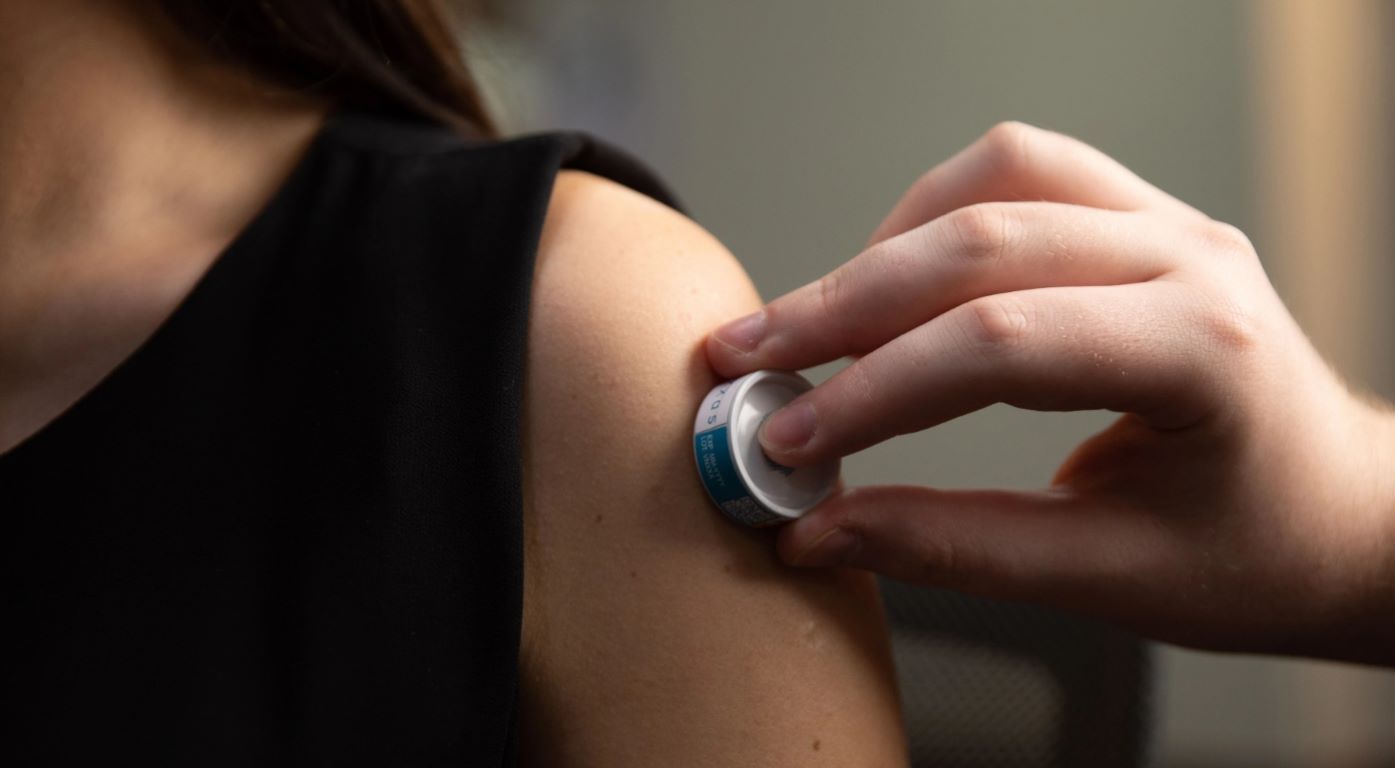Researchers in Melbourne provide new biotechnology tool
04 July 2017 | News
A team of researchers at the University of Melbourne has used a quantum probe to perform microwave-free NMR at the nanoscale.

Courtesy- Wikimedia
Researchers at the University of Melbourne have demonstrated a way to detect nuclear spins in molecules non-invasively, providing a new tool for biotechnology and materials science.
Important research in medicine and biology relies on nuclear magnetic resonance (NMR) spectroscopy, but until now, it has been limited in spatial resolution and typically requires powerful microwave fields. A team of researchers at the University of Melbourne has used a quantum probe to perform microwave-free NMR at the nanoscale.
This quantum probe delivers a dramatic improvement in NMR technology. In addition to being able to detect NMR in far smaller samples than conventional machines, the technique does not require the application of microwave fields that might disrupt biological samples.
The discovery may overcome significant limitations with conventional NMR methods, which depend on machines that can exceed 10 tonnes.
With these advances in quantum sensing technology, doors can open to a new world of scientific investigation that could lead us to gain a better understanding of the smallest building blocks of life.











